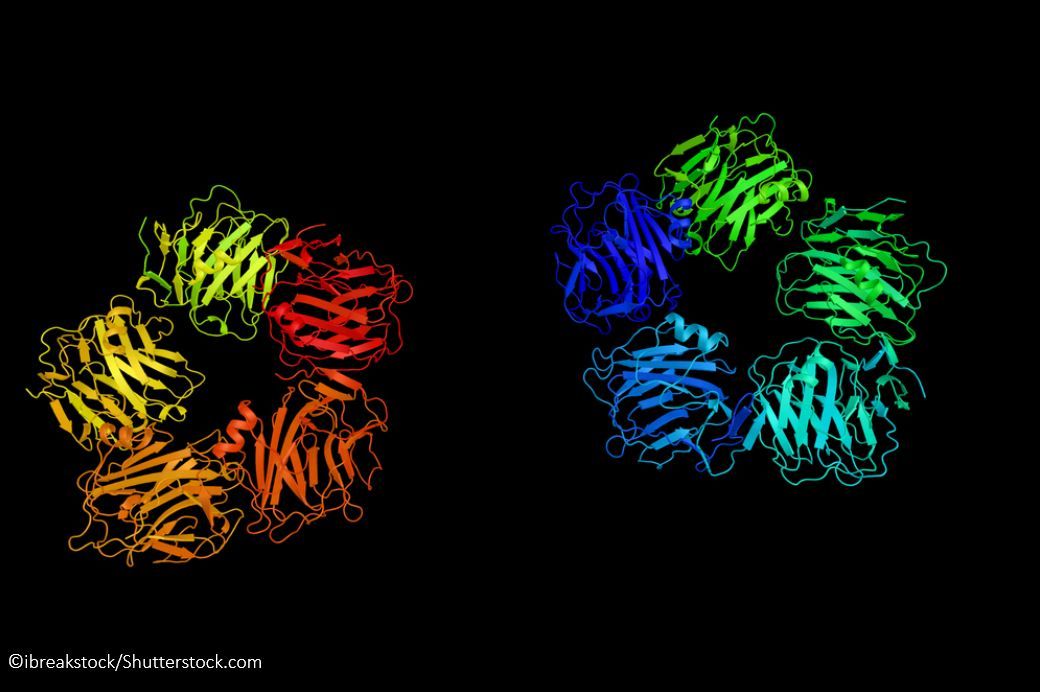Article
Elevated hsCRP Tied to Poor Outcomes After ACS
Author(s):
A secondary analysis of results from the VISTA-16 trial suggests that serial hsCRP measurements may improve post-ACS risk stratification and help decrease subsequent CV events.

Elevated high-sensitivity C-reactive protein (hsCRP) at the time of acute coronary syndrome (ACS) and during follow-up may portend poor CV outcomes and death, according to a new study published in JAMA Cardiology.
“Monitoring high-sensitivity C-reactive protein levels in patients after acute coronary syndrome may help better identify [those] at greater risk for recurrent cardiovascular events or death,” wrote first author Preethi Mani, MD, of the Cleveland Clinic, and colleagues.
CRP is an inflammatory biomarker that usually increases shortly after the start of pain during ACS, and declines gradually over the following week. Medical therapy, including statins, can accelerate this decrease. Studies suggest that CRP levels may predict adverse CV events, and that hsCRP may better predict such outcomes.
The current study was a secondary analysis of data from the VISTA-16 trial, a double-blind randomized international multicenter trial to assess the effect of varespladib, an anti-inflammatory agent under development for the treatment of ACS. Ninety-six hours after ACS, subjects were randomized to receive placebo or varespladib. All participants were on optimal statin therapy. The secondary analysis included 4257 patients (74% men).
Analyses adjusted for baseline clinical, treatment, and laboratory factors showed that high baseline hsCRP and high hsCRP over time were independently linked to increased risk for major adverse cardiovascular events (MACE).
The risk for MACE was increased by 36% with high baseline hsCRP, and by 15% when hsCRP remained elevated over 16 weeks of follow-up.
Likewise, risk for CV death was significantly increased with high baseline hsCRP and hsCRP during follow-up (61% increased risk; 26% increased risk, respectively), as well as all-cause death (58% increased risk; 25% increased risk, respectively).
VISTA-16 was ended early when it became clear that varespladib did not improve CV outcomes, and may cause harm. Thus, results showing a link between varespladib and adverse outcomes may be biased. Outcomes beyond 16 weeks cannot be determined.
Source: Mani P, Puri R, Schwartz GG, et al. Association of initial and serial c-reactive protein levels with adverse cardiovascular events and death after acute coronary syndrome: a secondary analysis of the VISTA-16 Trial. JAMA Cardiol. 2019;4:314-320. doi: 10.1001/jamacardio.2019.0179.





